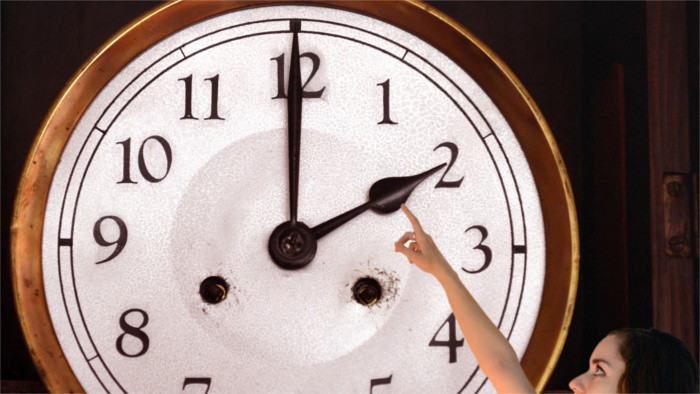Slovakia will switch from Central European Summer (daylight-saving) Time (CEST) to Central European Time (CET) on Sunday, October 29.
Early on Sunday all clocks will go back one hour from 3 a.m. to 2 a.m., making that night an hour longer.
Daylight Saving Time in its current form was first introduced by France in 1976. The former Czechoslovakia followed suit in 1979. The initial motive was to save energy.
Over time, the saving effect turned out to be negligible, and the main motive became better use of daylight in the summer. The sun sets after 7 p.m. from the end of March until the middle of September in Slovakia, i.e. for almost six months (for example, 173 days in Bratislava). If the clocks didn't go forward in March and standard Central European Time was in place all year, this period would last only 113 days.
Since its introduction, the time change has had its opponents, who mainly point to health problems. Based on results of a public survey, the European Commission proposed that the clocks should change for the last time in 2021. The European Parliament approved the proposal in March 2019, and European countries were set to decide what time zone to stick to all year round.
However, the discussion on the issue was interrupted by the coronavirus pandemic. Europe will thus return to daylight saving time in 2024 as well, on March 31.
(TASR)
Correction: In the Saturday Front Page magazine, we by mistake said that the night will be one hour shorter. The correct information is the night will be one hour longer. We apologize for the mistake.

